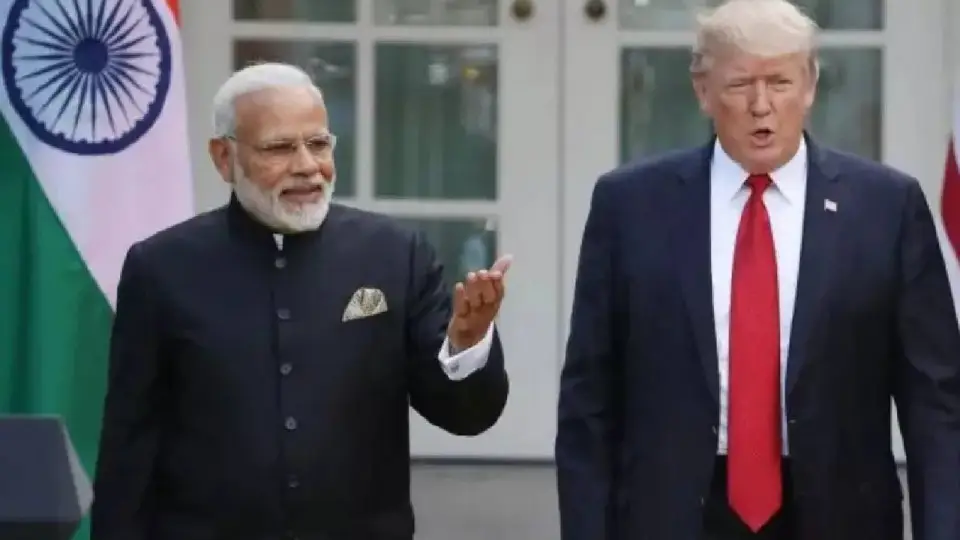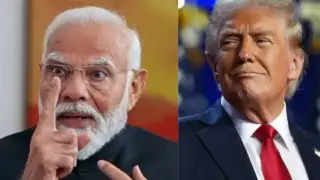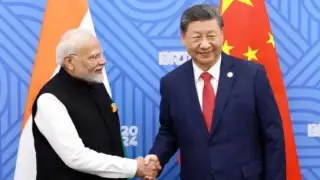
trump mpdi
International News: The US has decided to impose an unprecedented 50% tariff on India, which became effective on August 27. Meanwhile, according to a report by an American financial company Jefferies, the main reason behind this move is New Delhi's refusal to mediate with President Donald Trump in the tension with Pakistan. This cost Trump the chance to claim the Nobel Peace Prize.
The Jefferies report says that Trump's "personal anger" led the US to impose an unprecedented 50% tariff on India, the highest among US trading partners, thus eroding the long-standing strategic relationship between the two countries. All these tariffs came into effect from August 27.
The report said, "The tariffs are primarily a result of the US President's personal displeasure that he was not allowed to play a role in ending the long-standing bitterness between India and Pakistan. India has repeatedly said that it is not willing to accept any kind of third-party mediation in its long-standing dispute with Pakistan over Kashmir.
Despite being well aware of India's position, Trump, a master of political drama, boasted that he had prevented a "nuclear war" between India and Pakistan, as he threatened to impose tariffs if they did not agree to a ceasefire. The US President has repeated this claim several times in the last few months, despite India clearly telling the US that the ceasefire was reached through direct contact with Pakistan.
Earlier this year, Trump had reiterated his demand for mediation on the Kashmir issue, which hurt New Delhi. The US report said that India stuck to its "red line" of not seeking third-party mediation despite facing the prospect of huge economic costs. This hurt Trump's ego and denied him the opportunity to promote his claim, which he considers the ultimate sign of global recognition.
The Jefferies report has cited agriculture as another major point of contention. The Trump administration is demanding greater access to India's agricultural and dairy markets, which is a red line for New Delhi. The bilateral trade deal that has been in talks since March is now pending. The report also mentions that about 25 crore farmers and labourers are dependent on agriculture. This sector handles about 40% of India's workforce. These tariffs will have a profound impact on India's economy, especially in export-dependent sectors.













Copyright © 2025 Top Indian News
